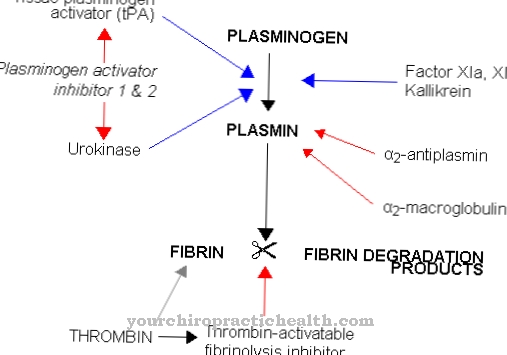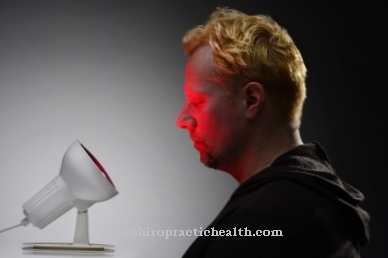Antifungal drugs are also called mushroom remedies or Antifungal agents and serve to combat fungal infestation. In medicine, for example, different antimycotics are divided according to their mechanisms of action.
What are antifungal drugs?

So some unfold Antifungal drugs their anti-fungal properties by impairing the fungus's metabolic processes. Other antimycotics prevent the fungus to be controlled from forming unrestricted cell walls. In addition, some antifungal agents are able to form pores in the membranes of a fungus, which adversely affects the viability of the fungus.
Antimycotics are also subdivided according to whether they kill fungi to be controlled or whether they merely inhibit their ability to reproduce. Fungal antifungal agents are also known as fungicidal antifungal agents, while antifungal agents that inhibit proliferation are also called 'fungistatic antifungal agents'.
Application, benefits & use
To be used to fight fungal infections Antifungal drugs Depending on the type of infection, applied locally (limited to the site of the infection) or systemically (affecting the organism as a whole). Local antimycotics are applied in the form of ointments, tinctures, powders, nail polish or sprays and are used, for example, in the treatment of fungal infections that affect the skin, mucous membranes or nails.
Local antimycotics are often used against mild to moderate forms of nail fungus (on fingernails or toenails). If a nail fungus is already well advanced and takes on a severe form, combined therapy with systemic antimycotics may be necessary. These antifungal agents are administered in the form of tablets or juices, among other things.
The patient and the treating physician usually decide whether to use systemically acting antimycotics after weighing the medical benefits and possible side effects. Other fungal infections to be treated with antimycotics are, for example, vaginal fungus, oral mucosal inflammation caused by fungi or so-called diaper rash (skin infections in the diaper area in babies).
Local antimycotics against vaginal thrush can be suppository, while oral mucosal infections can be countered with antimycotics in the form of mouth gels. Internal organs can also be affected by fungal infections and are usually treated with systemic antimycotics.
Herbal, Natural & Pharmaceutical Antifungal Drugs
While Antifungal drugs various active ingredient complexes are used at the chemical-pharmaceutical level, especially in the context of conventional medicine, naturopathy, among other things, presents alternative methods of combating fungal infections.
For example, there is a naturopathic alternative to combating potentially health-damaging intestinal fungi with antimycotics in various behavioral measures: According to this, those affected should, for example, follow sugar-free and carbohydrate-free diets in order to deprive the intestinal fungi of the nutritional basis. In addition, environmental toxins such as nicotine, insecticides (insect control agents) or chlorinated water should be avoided.
Instead of chemical-pharmaceutical antimycotics, naturopathy also recommends forms of intestinal cleansing, for example the restoration of an intact intestinal flora. The effectiveness of corresponding naturopathic methods for combating fungi is considered controversial in medicine.
The antimycotics administered in the context of homeopathy also differ from the chemical-pharmaceutical antimycotics. In many cases homeopathic doctors advise against homeopathic treatment of fungal infections on their own, as homeopathy is convinced that the remedies administered must be precisely tailored to the individual person and his body constitution.
Just like the effectiveness of naturopathic remedies to combat fungal infections, the effectiveness of homeopathic antimycotics is often not scientifically proven.
Risks & side effects
The application of Antifungal drugs Treating yeast infections can have various risks and side effects. This applies not only to antimycotics on a chemical-pharmaceutical basis, but also, for example, to homeopathic antimycotics.
For example, the German Central Association of Homeopathic Doctors (DZVhÄ) warns against possible violent, unwanted reactions that can extend over several months when using homeopathic antimycotics on their own.
Depending on the active ingredient and form of chemical-pharmaceutical antimycotics, manufacturers advise against using them during pregnancy and breastfeeding, among other things. Doctors may also advise against the use of various antimycotics in the event of intolerance, allergies or severe liver diseases.
The possible side effects of chemical-pharmaceutical antimycotics include headache or nausea. Side effects of locally effective antimycotics are mostly localized.

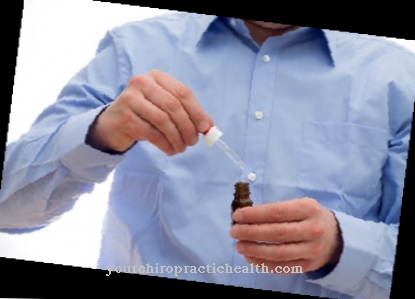
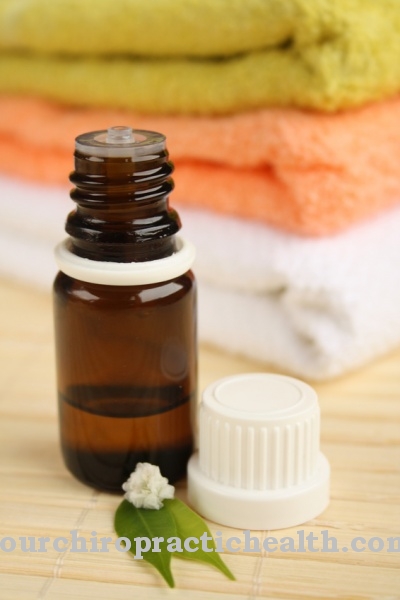

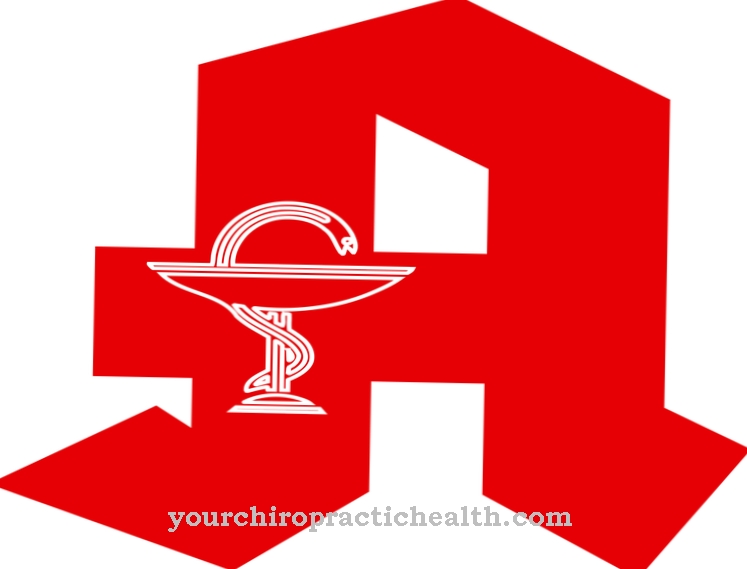

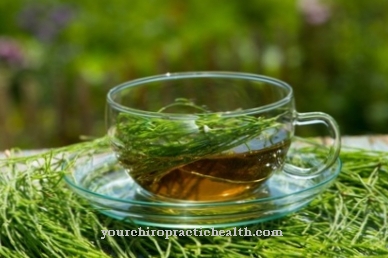

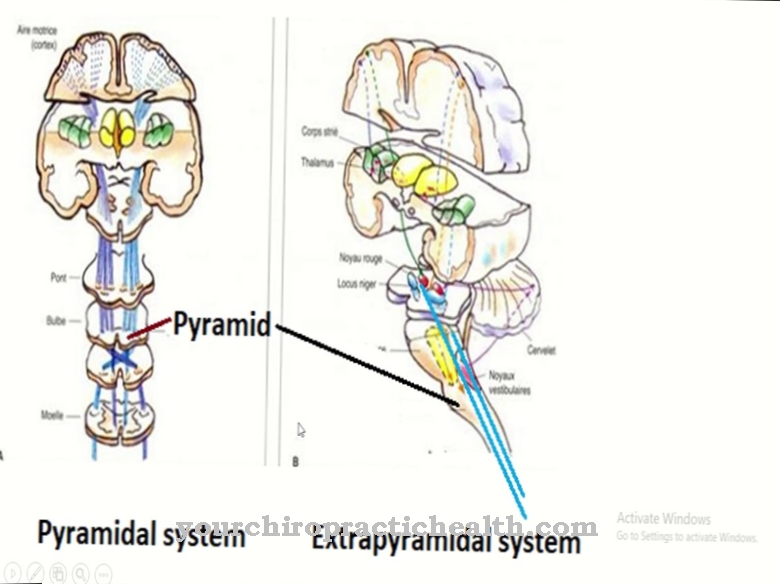
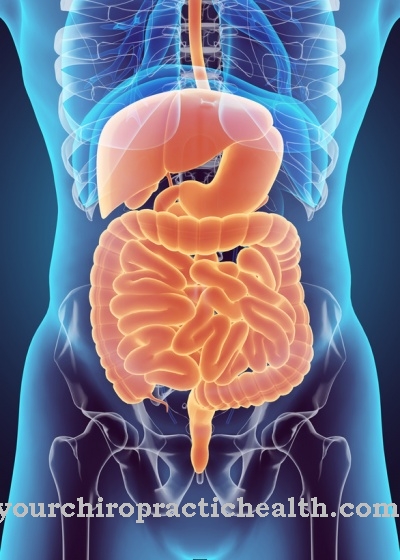

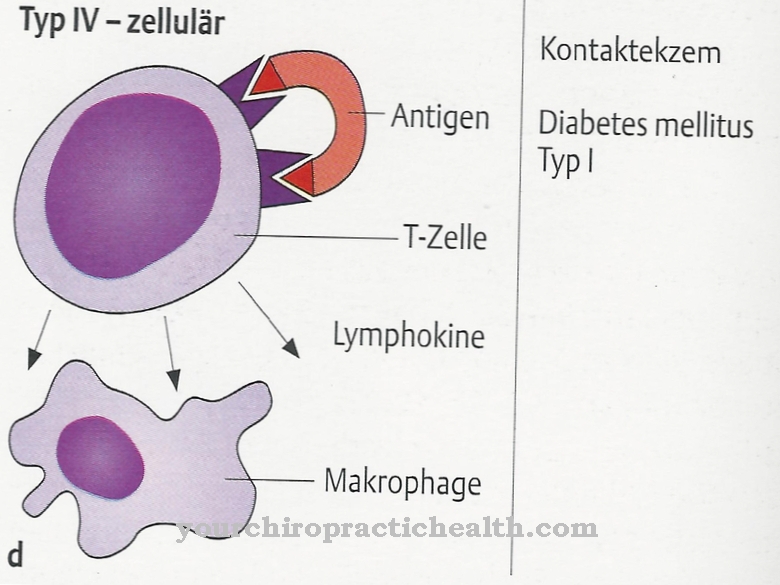
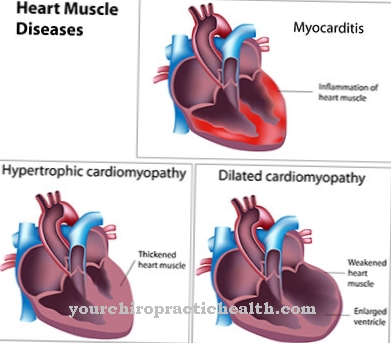
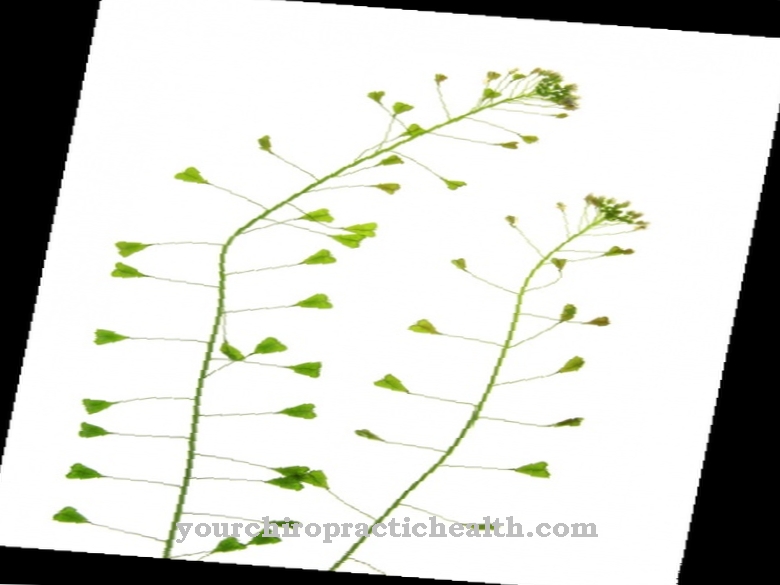




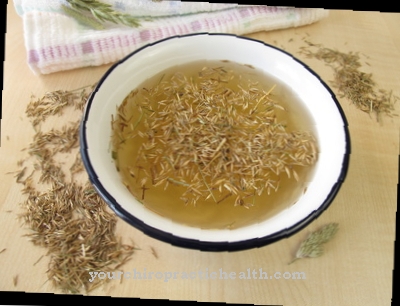

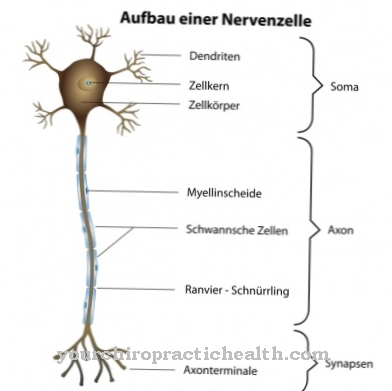

.jpg)


